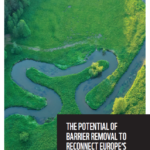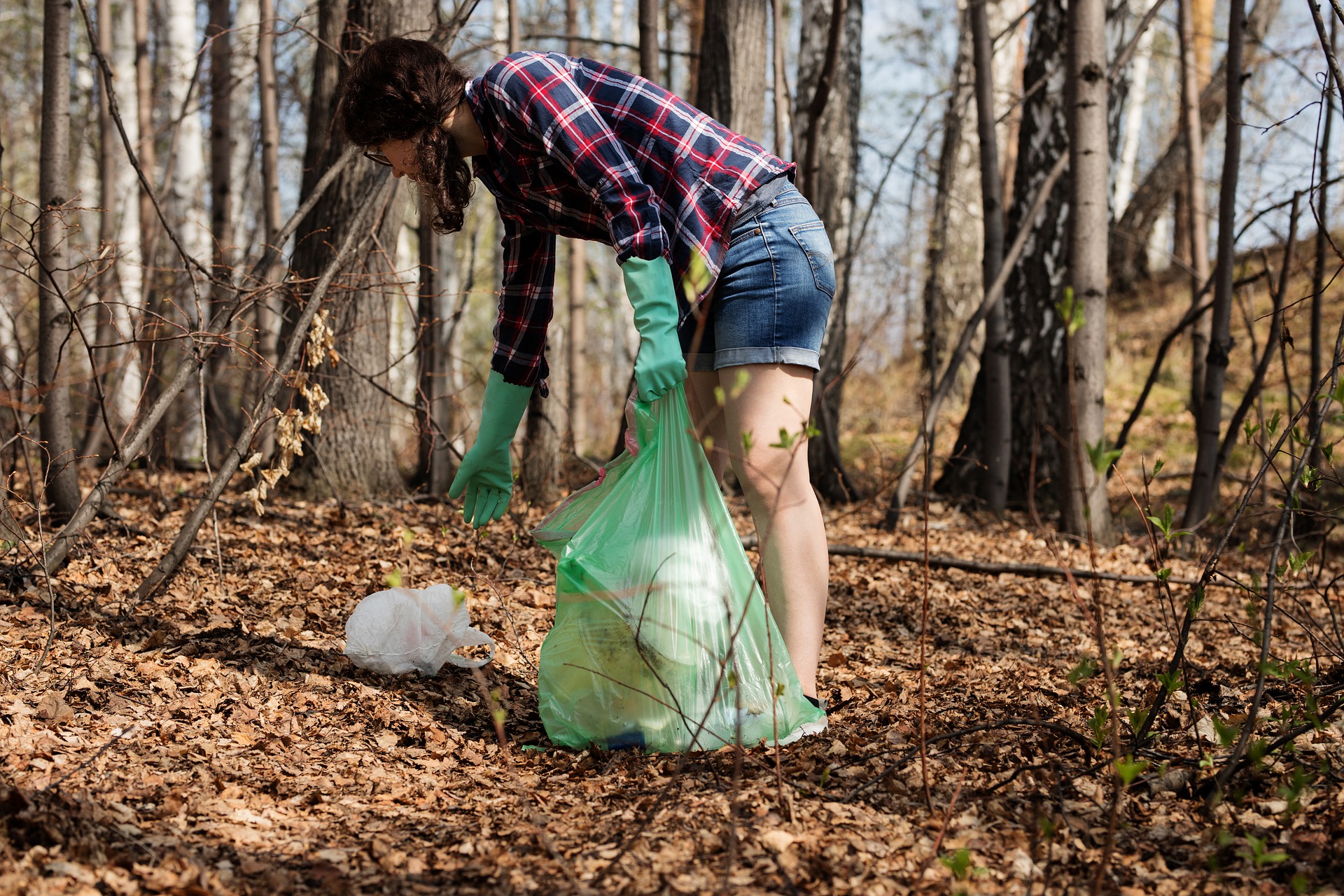On April 15, 2021, a sampling for the assessment of microplastic contamination took place in Budapest within the framework of the international project called Tid(y) Up.
Despite advanced waste management technologies and the commitment of Member States, plastics are becoming an increasingly serious problem in the European Union. In this respect, the condition of natural waters and the plastic pollution threatening living waters deserve special attention. Research shows that much of the ocean’s plastic reaches the oceans through rivers. The problem has taken on a global scale, yet there is no generally accepted, uniform method for assessing plastic pollution in rivers. This is a particularly big problem in the Danube catchment area, where coordinated interventions, awareness-raising and prevention are needed.
The Tid (y) Up project focuses on improving water quality and reducing plastic pollution on the Tisza River from the source to the Black Sea. The microplastic content of rivers varies depending on the velocity of the river or the location of the discharge and, of course, depends on the sampling point. To date, there is no measurement methodology that meets the requirements for representative sampling. All conventional microplastics measurement methodologies have reached their limits, so a combination of different approaches now seems essential.
Thus, the weaknesses of one sampling method can be offset by the advantages of the other and vice versa. In the framework of the international project Tid (y) Up, the experts selected 3 common measurement methodologies for possible comparison: (1) planktonic sampling at several depth levels, (2) pump sampling with a cascade filter, (3) sediment collection box. To compare the sampling methods, a sampling exercise was organized in Budapest with the participation of the Austrian (BOKU), Serbian (University of Novi Sad – UNS) and Romanian (Multisalva) partners.
More information about the project is available here: http://www.interreg-danube.eu/approved-projects/tid-y-up
Hungarian text, which was the basis of the current text was written by Norbert Csatari, General Directorate of Water Management.




